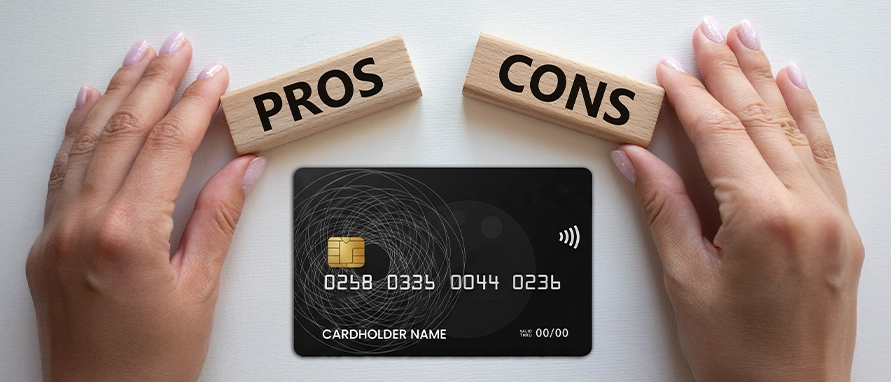Here are reliable alternatives to add-on credit cards if you prefer separate financial responsibility:
Individual Credit Cards
Apply for a personal credit card to maintain independent control over spending and build your credit score separately.
Secured Credit Cards
Secure a credit card by depositing funds upfront, helping individuals with limited credit history safely manage spending and build credit.
Prepaid Cards
Use prepaid cards to provide family members or dependents with controlled spending limits without affecting your personal credit rating.
Debit Cards
Issue a debit card linked directly to a bank account to track spending easily, avoiding debt or credit risks associated with credit cards.
Digital Payment Apps
Manage family expenses with payment apps or digital wallets, offering convenience without involving credit checks or affecting your credit score.
















